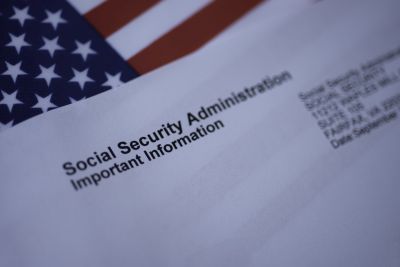What to Do When You Receive a Demand for Payment
When you receive a demand letter for a payment, it often indicates a final warning before action is taken by the other party.
A failure to comply could mean going to court, but this isn’t always the case; you may agree with the other person, they may decide not to sue you, or you may settle the dispute.
In this article, we will explore what you should do when you receive a demand for payment.
Steps to take upon receiving a demand for payment
When you receive a letter of demand, you can opt for legal advice. You shouldn’t wait too long, since it may limit your options, and it might incur higher costs if the proceedings are issued against you. An attorney can help you determine the claim’s accuracy and offer advice on the best reply method.
Next, you can assess your records to ensure the claim is accurate and identify invoices, documents, or records that the other party relied on to make a claim. Sometimes, the amount and reasons for a claim can be incorrect, so you must confirm its accuracy before you respond.
You can engage the claimant to clarify the details if there is missing information or it is unclear. However, you should only do this after getting legal advice.
Responding to a demand for a payment letter
Irrespective of how legitimate you think the claim is, responding to a demand letter such as a section 129 notice should be done by post mail and get the delivery information.
When the situation gets to the court, you need a paper trail showing your efforts to address the issue. An email can be risky since the recipient can claim they never received your reply.
It’s prudent not to ignore a demand letter, irrespective of how questionable you think the claim is. Judges can misinterpret your unresponsiveness as an admission of fault, in which case the dispute may be in favor of the other party.
Remember that once you get a demand letter, you cannot claim ignorance of the issues. You have an obligation to keep records or any other evidence that relates to the dispute.
Is an attorney required to respond to a demand letter?
People usually take a response letter sent by an attorney more seriously than one written by yourself.
Even if you aim to settle the debt outside the court, you can consider getting an attorney to help you write the letter for a fee. This can add legitimacy to your position and support it by making sure every legal argument is included.
Endnote
When you receive a demand letter to consumer credit debt such as personal loans, car loans, credit card debt, or mortgage loans, you can opt for an external dispute resolution.
There are many benefits to settling such disputes out of that court. However, if you have been served with a demand letter, seeking legal advice is in your best interest.







